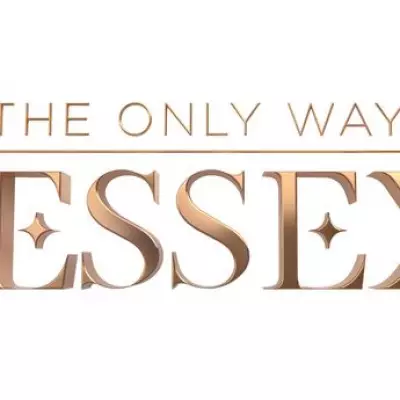
Republican Senator JD Vance has ignited a firestorm of controversy and mockery after endorsing a bizarre conspiracy theory targeting global pop phenomenon Taylor Swift.
The Ohio politician suggested that the 'Bad Blood' singer is not a genuine cultural icon but a clandestine asset for the Pentagon, embroiled in a secret plot to rig the upcoming Super Bowl. The ultimate goal of this alleged scheme, according to Vance, is to psychologically manipulate the American public to ensure President Joe Biden's re-election.
The Outlandish Claims
Vance's comments, made during an interview, give credence to a fringe theory that has been circulating in far-right online circles. The theory posits that Swift's high-profile relationship with Kansas City Chiefs tight end Travis Kelce is entirely manufactured—a scripted narrative designed to capture the nation's attention.
The climax of this supposed operation would be a staged Chiefs victory in the Super Bowl, followed by a very public endorsement of Biden from the world's biggest pop star, thereby swaying the votes of her millions of fans.
A Storm of Backlash and Ridicule
The reaction to Vance's claims was swift and unforgiving. Critics from across the political spectrum slammed the senator for promoting baseless and deranged narratives that undermine rational political discourse.
Many pointed out the sheer absurdity of the theory, questioning why the world's most famous and wealthy musician would need to be a government pawn. The story was met with widespread mockery on social media platforms, with users creating memes and jokes at the expense of Vance and his conspiracy-peddling allies.
More Than Just Political Theatre
This incident highlights a deeper and more troubling trend in modern politics: the weaponization of pop culture and celebrity to fuel partisan paranoia. By framing a beloved figure like Taylor Swift as a sinister deep-state operative, certain factions aim to discredit any influence she may have outside of their control, particularly her potential to encourage voter registration and political participation among her young fanbase.
The controversy also raises questions about the blurring of lines between entertainment, sports, and political propaganda, suggesting that no aspect of public life is immune from being dragged into the divisive arena of conspiracy theories.





